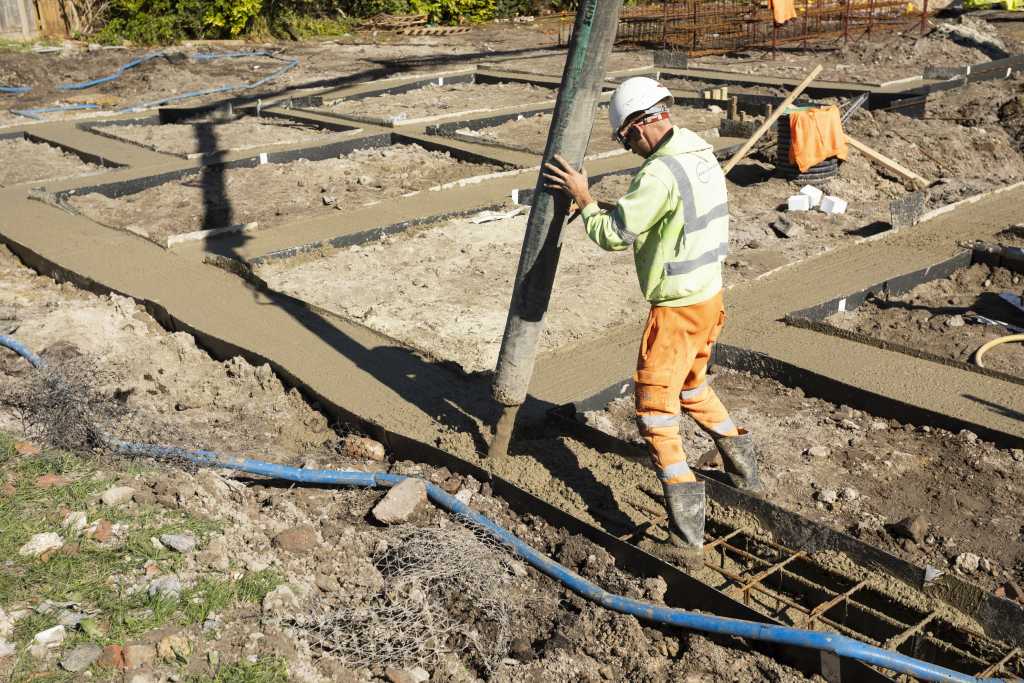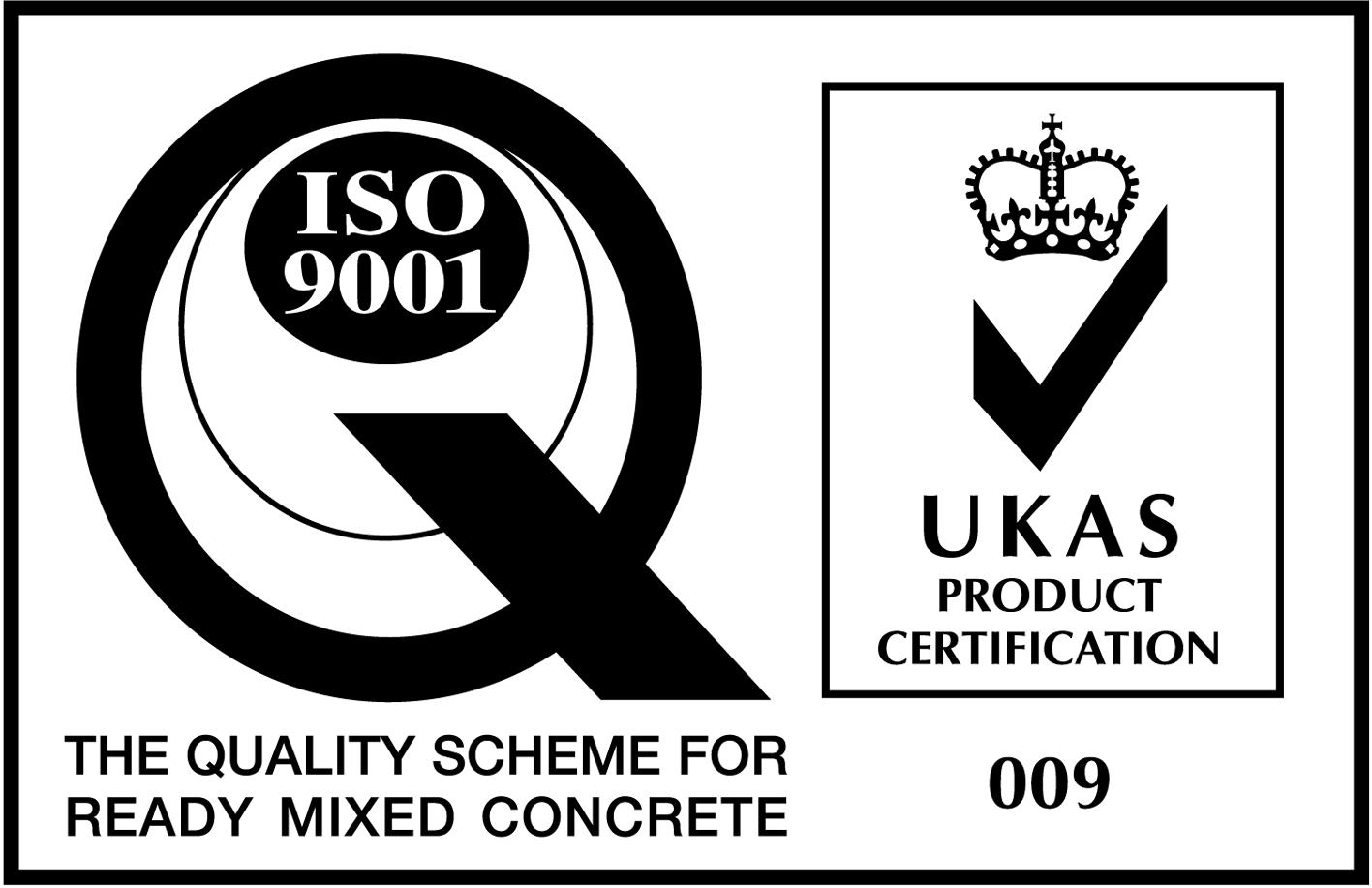The Benefits of Sulphate-Resisting Concrete
Despite the durable nature of concrete, there are some environments where concrete is at risk to deterioration and damage.
In underground construction — such as tunnelling — sulphates are a common source of the ongoing degradation of concrete.
Often found in polluted groundwater, sulphates can rapidly weaken concrete, sabotaging its structural integrity and overall lifespan.

At Total Concrete, we recently added specialist sulphate-resistant concrete to our selection of available mixes, and in this article we’re running through the benefits of this mix.
What do sulphates do to concrete?
Concrete which has been exposed to sulphates will develop cracks and begin to spall. Thanks to a chemical reaction between sulphates and tricalcium aluminate — a compound used for the early setting of concrete — unprepared concrete will expand, and will be put under intense strain over a long period of time.
The impact that sulphates have on concrete is long-lasting and extensive. With expansion, the concrete loses its adhesion properties, and thus, its strength. Further, the concrete will face significant cracking, layers will split and separate, and may finally result in complete disintegration.
When concrete is used underground, high compressive strength and reliable durability is always essential, due to the nature of many underground builds. Many of these will be foundations or integral, load bearing constructions, so any invasive damage that continually weakens a structure like this needs to be prevented.
Benefits of sulphate-resisting concrete
For specific underground construction jobs, concrete needs to be prepared to cope with the stresses and demands of such an environment. This isn’t simply down to ensuring a mix meets a certain strength, or has watertight properties via additives; concrete that may be at risk to sulphates needs to be manufactured as specifically resistant to sulphate attack.
Sulphate-resistant concrete will limit and prevent the impact of sulphate attacks, ensuring the concrete remains durable throughout its lifespan.
Advantages of sulphate-resistant concrete include:
- Prevents against sulphate attack
- Has high compressive strength
- Preserves the strength and durability of concrete in a wide range of builds
- Allows for the use of concrete in areas previously deemed too aggressive or risky
- Low heat of hydration — helps to prevent cracking
Where can sulphate-resisting concrete be used?
Concrete that resists sulphate attack can be used in an area where groundwater or soil has been contaminated with a concentration of sulphates.
Foundations and tunneling are two common use-cases for this kind of concrete, but there are many other applications, including:
- Sewage linings
- Coastal structures — seawalls, breakwaters, revetments etc.
- Bridge piers
- Water storage/treatment works
- Pile construction
At Total Concrete, we can supply any commercial or industrial customer with sulphate–resisting concrete suitable for a variety of applications.
Call 0800 859 5371 to place your order today!
We manufacture this specialist mix to meet your exact working requirements, and our knowledgeable team is on hand to advise should you need any guidance on the use of sulphate-resisting concrete for your particular project.
Working across Surrey, Hampshire and the surrounding areas, we’re here to handle all your concrete needs.
 Trade Zone
Trade Zone
